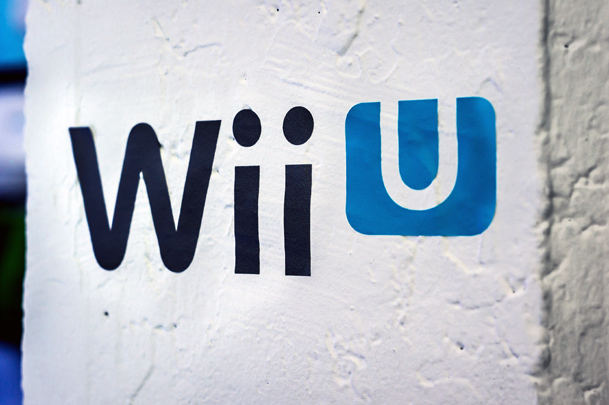Things keep getting darker for video game giant Nintendo. The news that the company’s previous-generation Wii console outsold the new Wii U during the first quarter really put Nintendo’s troubles in perspective, and now more bad news has emerged for the video game giant. As picked up in a report from Joystiq, an Electronic Arts executive has confirmed on Twitter that the company is abandoning plans to build its new gaming engine for the Wii U.
“[Frostbite 3] has never been running on WiiU,” EA DICE’s technical director Johan Andersson posted on Twitter. “We did some tests with not too promising results with [Frostbite 2] & chose not to go down that path.”
Nintendo’s Wii U sought to be a console that would carry forward the casual and physical gaming features that made the first Wii so popular, but would also introduce power features to attract more serious gamers. The absence of popular EA titles is yet another hurdle for Nintendo as its struggles in the living room continue.
Upcoming titles that apparently will never be available to Wii U owners include “Battlefield 4,” “Star Wars,” the next version of “Mass Effect” and EA’s upcoming new “Madden NFL” game.




